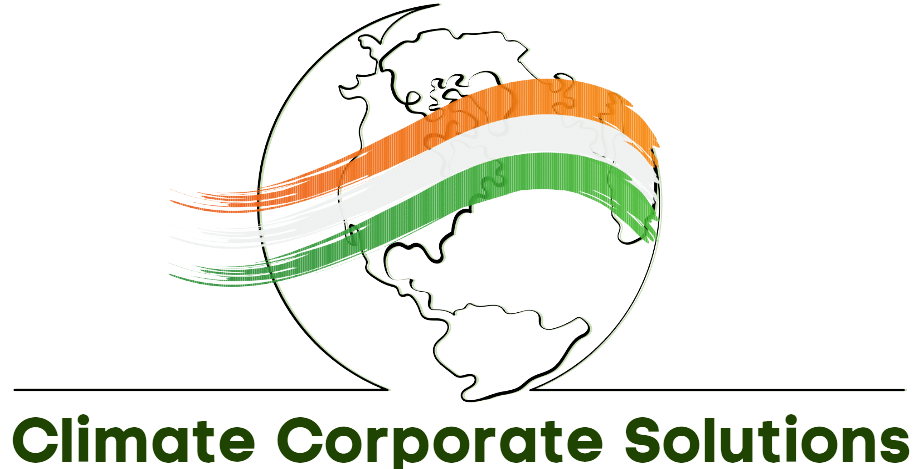A team from the University of Córdoba recently conducted a comparative study of sustainability reports from 100 agri-food companies in Spain, Italy, the Netherlands, and Germany, published in the Journal of Policy Modeling. Despite the European Union’s long-standing commitment to harmonizing regulations, the study reveals that sustainability reporting in the agri-food sector remains inconsistent, even ten years after the implementation of Directive 2014/95/EU (NFRD).
This directive, introduced to standardize how European companies report on sustainability, aimed to ensure that businesses could be effectively measured, monitored, and compared across social, economic, governance, and environmental factors. However, the directive’s flexibility, allowing companies to choose their preferred reporting standards, has led to significant variation in the quality and content of sustainability disclosures.
The research team, comprising Carlos Anguiano, Melania Salazar, Rossana Tornel, and Macario Rodríguez, found that the lack of a unified reporting model has hindered the goal of achieving transparency and comparability across the sector in Europe’s leading agri-food countries. Despite the directive’s audits and sanctions for non-compliance, the absence of a mandatory reporting framework has left the sustainability landscape fragmented, raising concerns about the effectiveness of regulatory efforts in driving meaningful environmental and social progress. Read More
News Credit: Phys.Org
Image: Comparison of the quantity of information disclosure by country and status (voluntary vs mandatory). Credit: Journal of Policy Modeling (2024). DOI: 10.1016/j.jpolmod.2024.01.008



